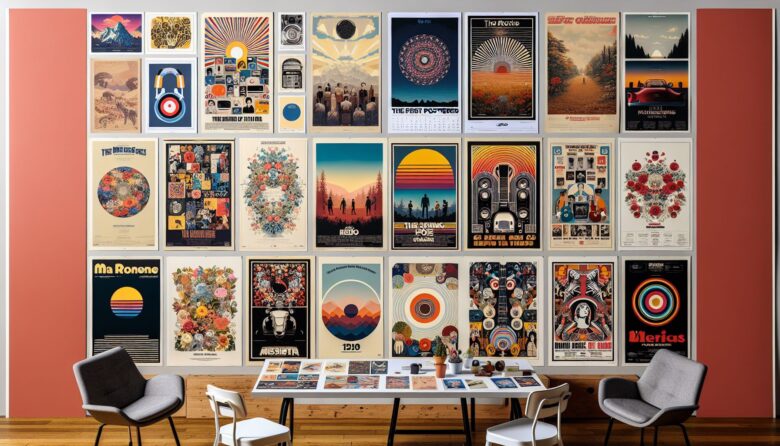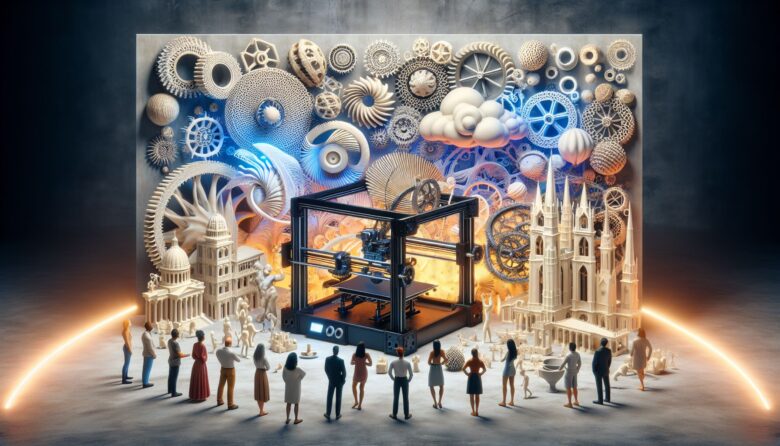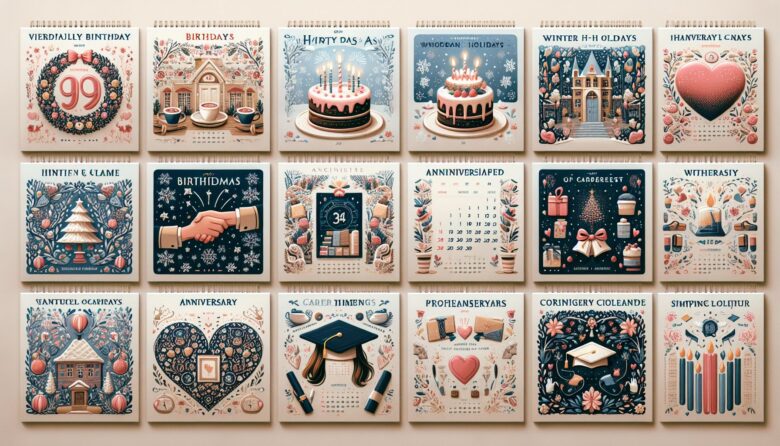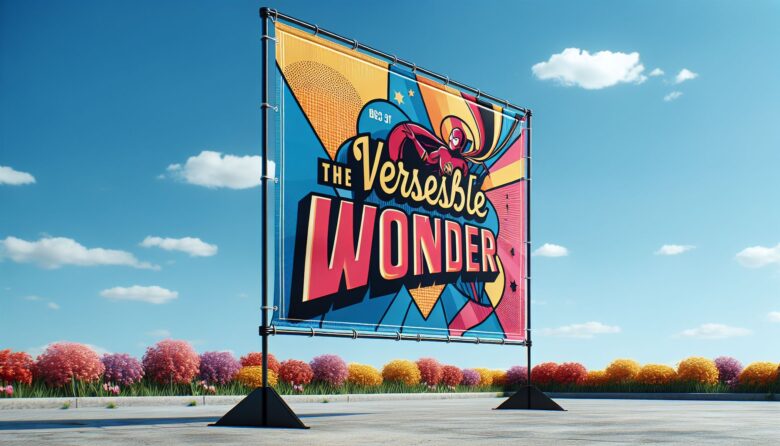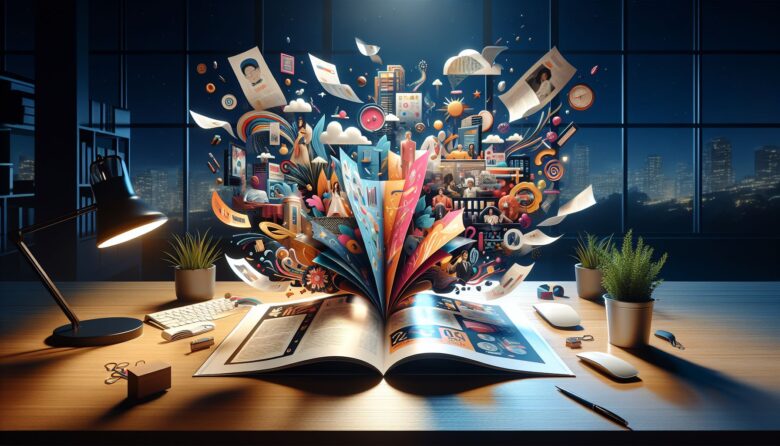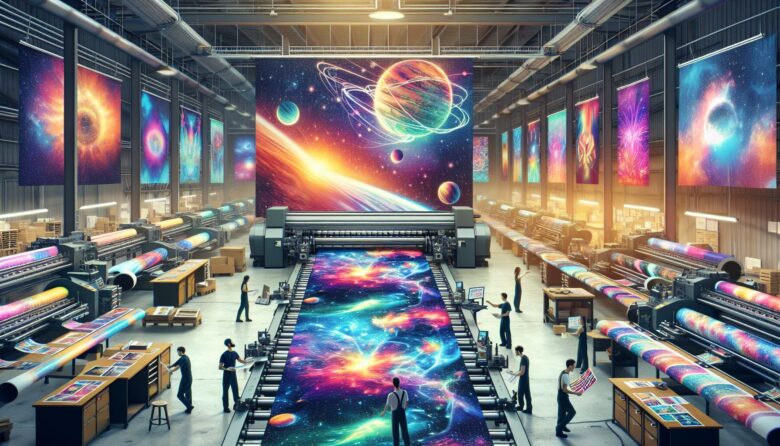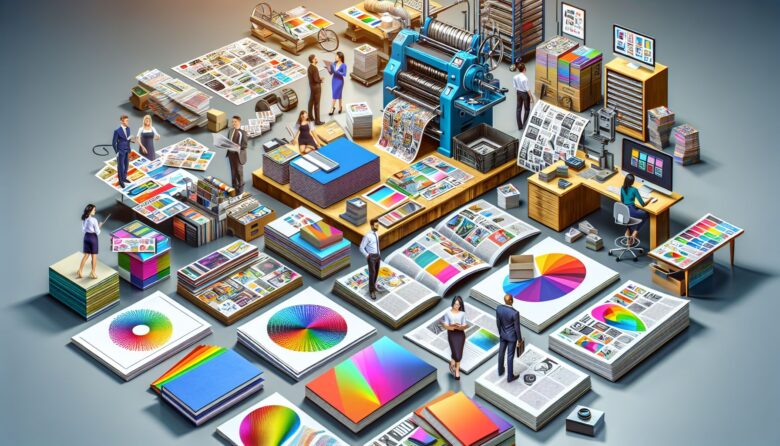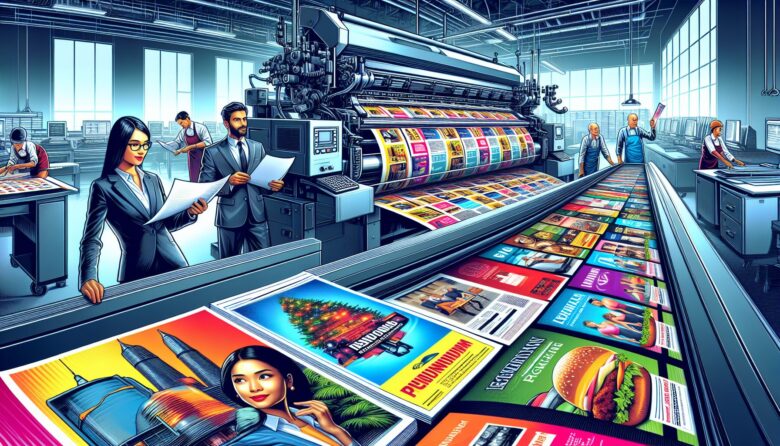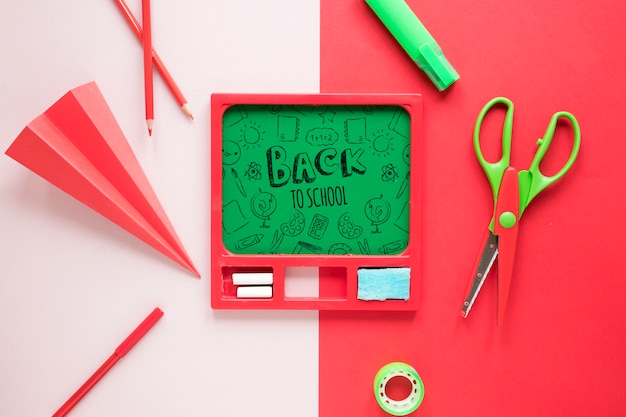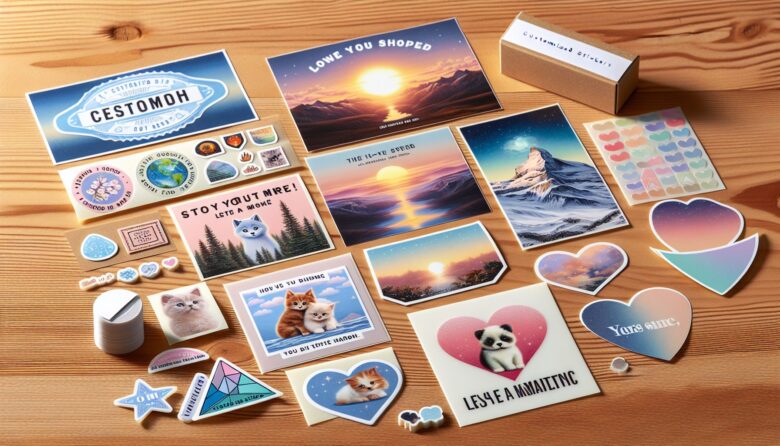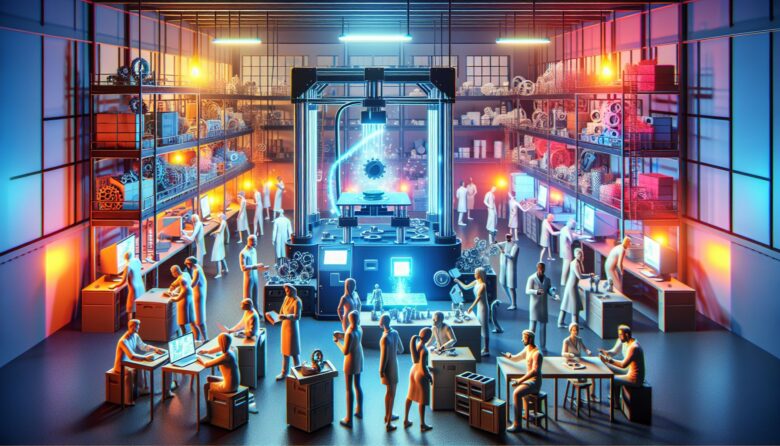Introduction
In today’s digital world, where information is primarily consumed online, there’s something undeniably captivating about printed materials. From magazines and brochures to business cards and flyers, printing services continue to be in high demand. Among these, one particular printed product stands out for its versatility and ability to enhance any space: posters.
Posters have been used for centuries to communicate ideas, promote events, and decorate spaces. Their long-lasting popularity can be credited to their ability to capture attention, convey messages effectively, and transform any ordinary wall into a captivating visual centerpiece. In this comprehensive guide, we will explore the world of posters, from their different types and popular uses to tips for creating your own stunning prints.
Part 1: Understanding Posters
What are Posters?
Posters are large prints designed to be affixed or displayed on walls or other prominent surfaces. They typically feature eye-catching visuals, captivating typography, and succinct messages that elicit emotions or communicate specific information. Ranging in size from small to extra large, posters can be seen in various settings, such as offices, cafes, theaters, classrooms, and even on the side of buildings.
Different Types of Posters
Posters can be categorized based on their purpose, design elements, and materials used:
-
Advertisement Posters: These posters focus on promoting products, services, or events. Advertising posters often highlight key features and employ persuasive design techniques to attract customers.
-
Decorative Posters: These posters aim to enhance the aesthetic appeal of a space. Decorative posters come in various designs, patterns, and artwork, allowing individuals to express their personality and add a touch of creativity to their surroundings.
-
Informational Posters: Designed to inform and educate, informational posters are commonly found in schools, museums, and public places. These posters generally present facts, statistics, infographics, or step-by-step instructions to deliver a clear message.
-
Motivational Posters: These posters feature inspirational quotes, uplifting imagery, or motivational messages to uplift spirits, boost morale, and create a positive, motivational environment.
Benefits of Using Posters
Posters offer numerous benefits, making them an excellent choice for both personal and business needs:
-
Capture Attention: Posters, especially when thoughtfully designed, can grab attention and keep it for longer periods. The large size and vibrant colors used in posters have a powerful visual impact, making them difficult to ignore.
-
Cost-effective: Compared to other advertising mediums, such as billboards or television commercials, posters are relatively affordable. They provide an excellent return on investment, allowing businesses and organizations to reach a larger audience without breaking the bank.
-
Versatility: Posters can be used in a wide range of settings, making them a versatile marketing tool. From high-traffic areas like bus stops and train stations to exhibitions and conferences, posters can effectively convey messages to diverse audiences.
-
Enhance Branding: Whether it’s decorative posters that showcase your brand’s visual identity or advertisement posters promoting products, posters play a crucial role in establishing and reinforcing your brand image.
Part 2: Popular Uses of Posters
Business Promotion and Advertising
Posters have long been used as a powerful tool for business promotion. With their ability to effectively communicate key messages, create brand awareness, and captivate audiences, posters offer a cost-effective way to reach potential customers. From new product launches to event promotions, a well-designed poster can make a significant impact and help businesses stand out from the competition.
Educational and Informative Purposes
The educational sector benefits greatly from informational posters. Schools, colleges, and universities use posters to convey vital information, present data, and promote educational programs. In museums and galleries, posters serve as an interactive and engaging way to educate visitors about exhibits, art pieces, or historical events.
Events and Entertainment
From music concerts to theater productions and art exhibitions, events can significantly benefit from the promotional power of posters. Posters allow event organizers to create anticipation, build excitement, and entice potential visitors. With the range of design options, sizes, and customization available, posters can effectively capture the essence of an event and make a memorable impact.
Home Decor and Personal Statements
Posters aren’t just for public spaces; they can also be used to enhance the ambiance of our homes. Whether you want to add a pop of color to your living room or display your favorite artwork, posters provide an affordable way to decorate your personal space and reflect your unique style.
Part 3: Design Tips for Creating Eye-catching Posters
When creating posters, careful attention must be given to design elements, composition, and message delivery. Here are some essential tips to help you create eye-catching posters:
-
Simplicity is Key: Aim for a clean and uncluttered design. A simple poster with clear focal points will have a greater impact and make the intended message more memorable.
-
Color Scheme: Select a color scheme that aligns with your message and brand identity. Vivid and contrasting colors can help your poster stand out, but be cautious not to overwhelm the viewer.
-
Typography: Choose fonts that are legible and align with the overall theme or purpose of the poster. Experiment with font sizes, styles, and hierarchy to emphasize key elements and create visual interest.
-
Images and Graphics: Use high-quality visuals that are relevant to your message. Avoid generic stock images whenever possible and opt for original, professionally-shot photographs or custom-made illustrations.
-
Call-to-Action: Clearly define the desired action you want your viewer to take after seeing the poster. Whether it’s attending an event, visiting a website, or making a purchase, a strong call-to-action can significantly increase the effectiveness of your poster.
Conclusion
Posters have proven to be a timeless and effective tool for communicating messages, promoting events, and creating visually appealing spaces. Understanding the different types of posters and their uses, as well as following proven design tips, can help you create eye-catching prints that leave a lasting impact. Whether you’re looking to market your business, educate others, or simply enhance your home decor, posters offer endless possibilities to inspire, inform, and captivate. So why wait? Unleash your creativity and explore the world of poster printing to transform any space into a visually stunning showcase of creativity and expression.

